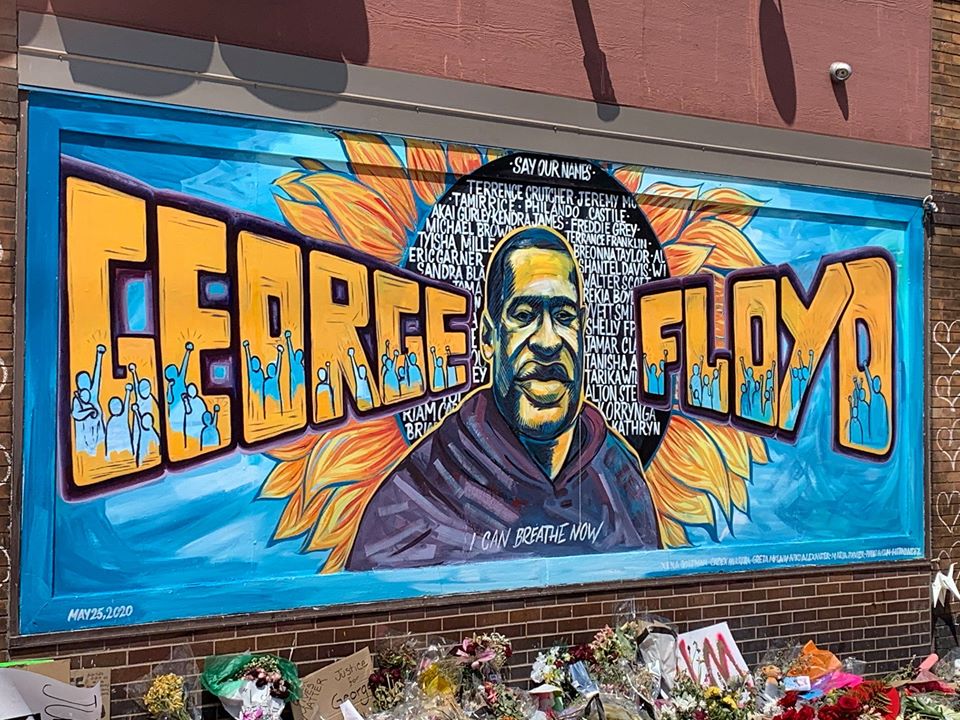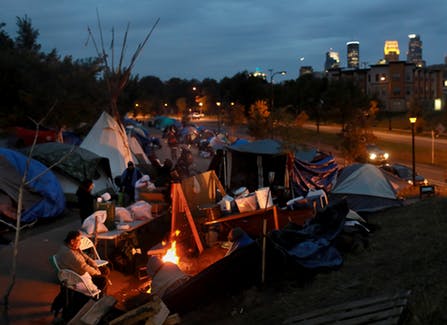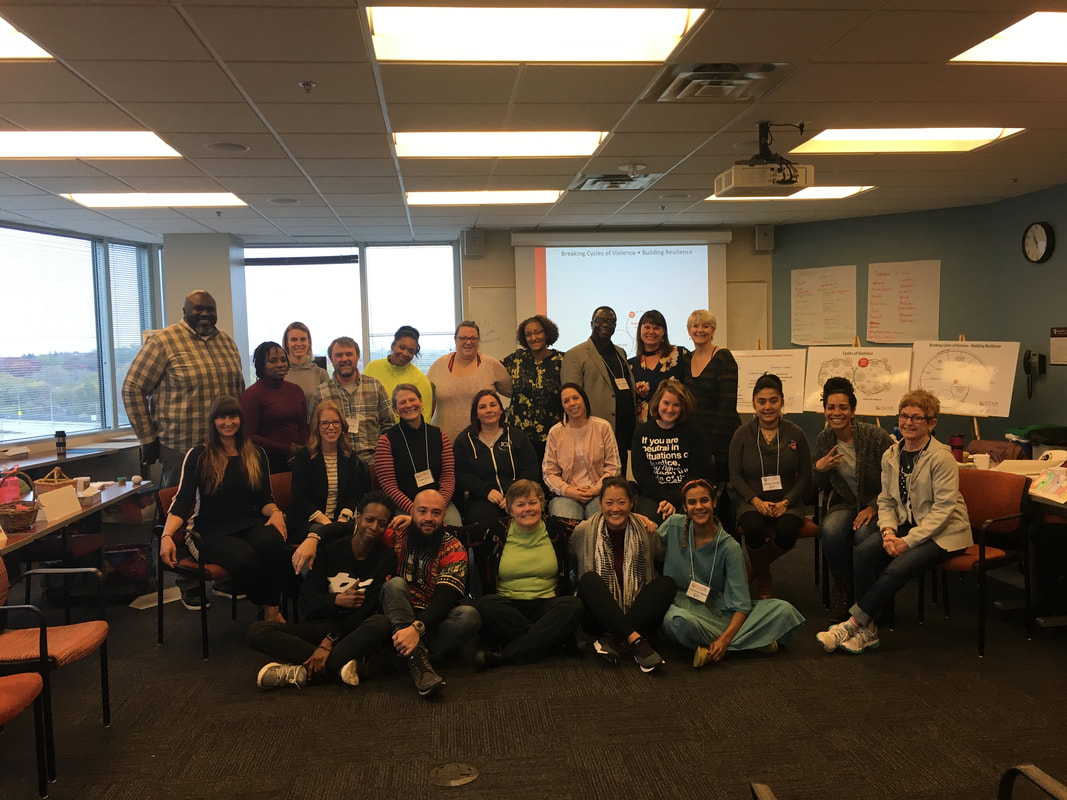Cynthia Prosek has been RJCA’s Executive Director since 2012 and she has been involved in practicing restorative justice in various capacities for over 20 years. She started with RJCA as a volunteer, then joined the board when it became a nonprofit before becoming a staff member. She has been instrumental in RJCA’s focus on providing avenues for practitioners of color to be leaders in restorative justice work.
According to Cynthia, RJ focuses primarily on fulfilling the “victim’s” needs to have the harm repaired directly in a meaningful way. Restorative justice also focuses on removing the label of “offender” by giving people involved in the criminal legal system a second chance when they are willing to take responsibility for the harm they have caused. RJ examines underlying root causes, such as cultural context, poverty, racial inequities, and socioeconomic disparities. RJ offers a way forward for all stakeholders to reconnect as a community while holding each other accountable.
Right now, RJCA is preparing for the trials of the four Minneapolis police officers involved in the murder of Mr. George Floyd. As an organization, RJCA has been named as the node, or holder of information, for the TRUST Network in Minnesota. Together with the TRUST Network, RJCA is bringing together a multitude of community organizations to lead efforts in addressing community violence through early warning and early response with strategic nonviolent power. They are coordinating resources and information to respond to political violence in the community. RJCA’s goals include providing spaces for the community to talk about the trauma caused by law enforcement and the criminal legal process. Through collaboration, they are helping community members to understand aspects such as what is happening in the courtroom, what the trial involves, and what impact these processes have on the wider community.
Dr. Erica Chenoweth, Harvard University nonviolent movement scholar and researcher indicates that it only takes 5% of a cross-section of a population who are active in a nonviolent peacebuilding campaign to create a tipping point. When this happens, unjust oppressive societal structures begin to disintegrate and transformation is set in motion. We are grateful to have RJCA as a catalyst for Minneapolis’ nonviolent transformation tipping point.
Do you want to be part of this movement to transform Minneapolis’ community trauma into nonviolent power? Join us to learn strategies, skills, and concepts for positive social change at one of our upcoming virtual Introduction to Restorative Justice trainings.
Learn more here!







 RSS Feed
RSS Feed